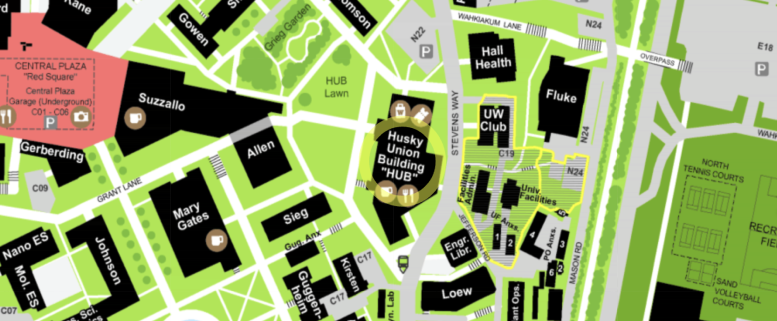Computer Platform for Developing Next Generational Computational Chemistry Software
Department of Chemistry
Requested:
$88,353
Status:
Funded
Awarded:
$88,353
Abstract
The Department of Chemistry is requesting funds to provide a unique research and educational opportunity for undergraduate and graduate students through the purchase of two 48-core workstations for computational chemistry/biochemistry software development. These resources will enable students to develop novel algorithms for new and emerging computational frameworks, such as cloud, crowd, and quantum computing. Seeking to continue to provide increases in computing power, modern computational platforms have gone from multi-core infrastructure to cloud and crowd computing. Recently, the US National Science Foundation and the US Department of Energy have put forth a Quantum Leap national initiative that aims to promote quantum computing research in natural sciences. Thus, increases in the computational modeling capabilities of science and engineering applications can only be realized if the software can take advantage of the growing number of cores in each microprocessor, distributed computing platform (e.g., cloud and crowd computing), and conceptually different computing infrastructure (e.g., quantum computing). A number of molecular science applications have been rewritten to take advantage of multi-core microprocessors, but progress has been uneven and focused on traditional supercomputing platforms using both SMP and MPI parallelism for intra- and inter-node computing. Although the gaming and data industries have been very successful with the cloud and crowd computing, scientific computing in chemical sciences has not adapted to these new computing platforms, leaving aside the quantum computing concept. Part of the problem has been a lack of training and opportunity in scientific software development in chemical sciences for effective programming techniques that are adaptive to modern computing infrastructure. Even today, more than a decade after the end of Dennard Scaling, few students in science and engineering are exposed to the knowledge needed to program parallel computers for high-performance scientific computing. This new platform will provide the most modern, powerful, and flexible computational resource available to students wishing to pursue scientific computing. The multi-framework software development enabled by this platform will allow students to gain invaluable experience with developing software for modern computational models, as well as empower students to become leaders in computational science on emerging computational systems.

